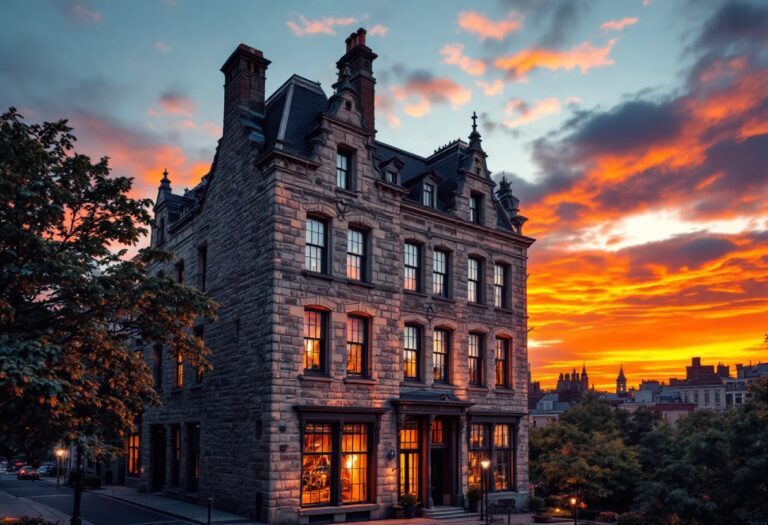Transgender advocates express fears of increased discrimination following legal decision

Topics covered
The recent ruling by the Supreme Court of the United Kingdom has ignited a heated debate surrounding transgender rights and the implications of defining biological sex within equalities legislation. The court unanimously determined that the terms ‘woman’ and ‘sex’ in the Equality Act refer specifically to biological women and biological sex.
This decision has raised alarms among transgender advocates, who fear it may lead to increased discrimination and transphobia against an already marginalized community.
Reactions from the transgender community
Samantha Kane, the transgender owner of Carbisdale Castle in Sutherland, expressed her deep concerns regarding the ruling.
Kane, who transitioned in the 1980s, stated that the decision could be interpreted beyond the scope of equalities legislation, potentially inciting a backlash against transgender individuals. “It will make it far, far worse,” she remarked, highlighting her personal experiences with transphobia within her community.
As a prominent barrister, Kane emphasized that her opinions are personal and not a critique of the judges involved. However, she worries that the ruling may lead to calls for restricting transgender women from competing in women’s sports and accessing female spaces, such as changing rooms. The case of a nurse, Sandie Peggie, who was suspended after an altercation with a transgender doctor in a female changing room, exemplifies the real-world consequences of this legal interpretation.
Legal implications and societal impact
Kane further elaborated on the potential dangers of the ruling, stating that it could force transgender individuals into situations where they may feel unsafe. “If these girls or ladies end up in a male changing room, they may be attacked,” she warned. This sentiment reflects a broader concern within the transgender community about safety and acceptance in public spaces.
On the other hand, gender-critical campaign groups, such as Sex Matters, have praised the Supreme Court’s decision, asserting that it correctly identifies the protected characteristics of sex as referring to biological reality. This division in perspectives highlights the ongoing societal struggle over the definition of gender and the rights of transgender individuals.
Personal experiences and community responses
Despite the ruling, Kane remains resolute in her identity as a woman, stating, “I consider myself as a woman because I am, and it’s not up to a judge to define that.” Her commitment to using women’s facilities reflects a broader desire among transgender individuals to live authentically without fear of discrimination.
The local community’s response to Kane’s ownership of Carbisdale Castle has been mixed, with some residents disputing accusations of transphobia. While Kane’s plans to restore the historic site were initially well-received, they have since been marred by claims of discrimination. The castle was recently taken off the market after being listed for £5 million, indicating the complexities of community dynamics in the face of changing social norms.
As discussions surrounding the Supreme Court ruling continue, the implications for transgender rights and societal acceptance remain a critical topic of debate. Advocates are calling for greater understanding and protection for transgender individuals, emphasizing the need for inclusive policies that respect the rights and identities of all individuals.




